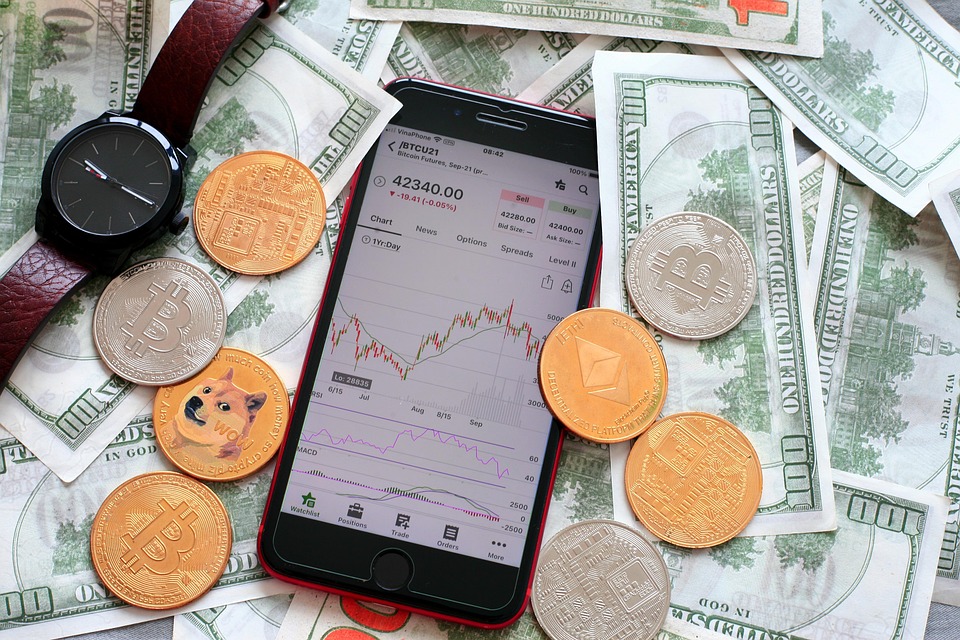Invest Smart: Understanding the Fee Structure of RBC Direct Investing
Investing can be a rewarding journey, but understanding the costs associated with it is crucial for maximizing your returns. RBC Direct Investing, one of Canada’s leading online brokerage platforms, offers a range of investment options and tools. However, like any financial service, it comes with its own fee structure that investors need to comprehend fully. This article aims to break down the various fees associated with RBC Direct Investing, helping you make informed decisions about your investment strategy.
Account Types and Their Fees
RBC Direct Investing provides several account types, including registered accounts (like RRSPs and TFSAs) and non-registered accounts. Each account type may have different fee structures, so it’s essential to understand what applies to your specific situation.
For instance, registered accounts typically do not incur annual fees, while non-registered accounts may have a nominal annual fee. However, the most significant costs often come from trading commissions and other transaction-related fees.
Trading Commissions
One of the primary costs associated with investing through RBC Direct Investing is trading commissions. As of the latest updates, RBC Direct Investing charges a standard commission of $9.95 per trade for online equity trades. This fee can add up, especially for active traders who make frequent transactions.
For investors who trade in larger volumes, RBC offers a commission structure that can reduce costs. For example, if you make 150 trades or more in a calendar year, you may qualify for a reduced commission rate. Understanding these thresholds can help you strategize your trading activity to minimize costs.
Other Transaction Fees
In addition to trading commissions, RBC Direct Investing may charge fees for other transactions. These can include:
– **Options Trading Fees**: If you engage in options trading, be aware that there are additional fees per contract.
– **Mutual Fund Fees**: Investing in mutual funds may incur management fees, which can vary significantly depending on the fund.
– **Foreign Exchange Fees**: If you trade in U.S. stocks or other foreign securities, you may face currency conversion fees.
It’s essential to review these fees carefully, as they can impact your overall investment returns.
Account Maintenance Fees
While many accounts at RBC Direct Investing do not have annual maintenance fees, some specific accounts may incur charges if certain conditions are not met. For example, if your account balance falls below a specified threshold, you might be subject to an annual fee. Always check the terms and conditions associated with your account to avoid unexpected charges.
Research and Educational Resources
RBC Direct Investing provides a wealth of research and educational resources to help investors make informed decisions. While access to these resources is generally included in your account, some premium research tools may come with additional fees. It’s worth exploring what’s available to you and determining if any paid resources align with your investment strategy.
Conclusion
Understanding the fee structure of RBC Direct Investing is essential for any investor looking to maximize their returns. By being aware of trading commissions, transaction fees, and potential account maintenance fees, you can make more informed decisions about your investment strategy. Always take the time to review the latest fee schedules and consider how they align with your trading habits and investment goals. With the right knowledge, you can invest smart and make the most of your financial journey.




